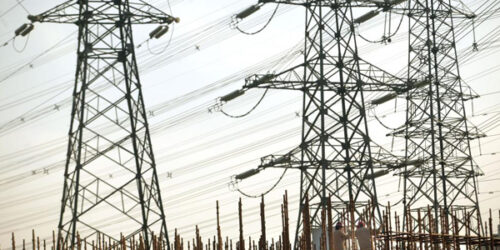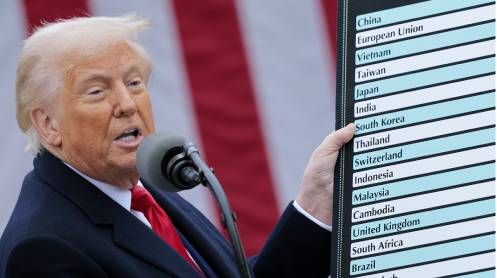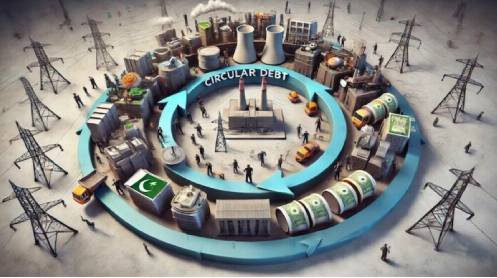The National Electric Power Regulatory Authority (Nepra) on Tuesday indicated a power tariff reduction of Rs0.32 per unit on account of fuel cost adjustment for October 2022. The regulator conducted a public hearing to consider a proposed reduction in tariff and said that the consumers of all power distribution companies would get a relief of Rs3.3 billion.
Nepra said that the Central Power Purchasing AgencyGuarantee (CPPA-G) had submitted a petition seeking a tariff cut of Rs0.25 per unit under fuel cost adjustment for October. However, following examination of data, the regulator calculated a decrease of Rs0.32 per unit. Earlier, the consumers were charged a tariff increase of Rs0.08 per unit on account of fuel cost adjustment for September 2022. The increase was applicable to one month only.
The tariff cut for October will not be applicable to K-Electric, lifeline and agriculture consumers as well as those using up to 300 units per month. Nepra said that it would issue a detailed decision after the scrutiny of data. During the hearing, it was informed that the Petroleum Division told power producers that it had not the required liquefied natural gas (LNG) for power plants.
National Power Control Centre (NPCC) had placed a demand for 715 million cubic feet of gas per day (mmcfd) for the power plants but the Petroleum Division allocated 400 mmcfd. The less allocation of LNG caused a financial impact of Rs259.81 million during October. It was informed that the power plants had lower LNG allocation due to the priority issue and secondly there was no LNG available on a spot basis.
Owing to high prices of LNG in the global market and the liquidity crunch, Pakistan was unable to secure gas cargoes for running power plants. It was informed that the power consumers had to bear a burden of Rs40 billion in the last three years due to the shortage of LNG. Nepra chairman raised the issue of LNG allocation for the power plants, saying that the Petroleum Division should find out a solution. It was also revealed that NPCC had to operate some power plants on expensive fuel to avoid overloading, which resulted in a financial impact of Rs36.10 million. Some efficient power plants remained shut and could not operate in line with the economic merit order. Therefore, the underutilisation of cheap power plants led to a financial impact of Rs7.69 million during the period under review. In its petition, the CPPA-G also provided details of net metering units.





